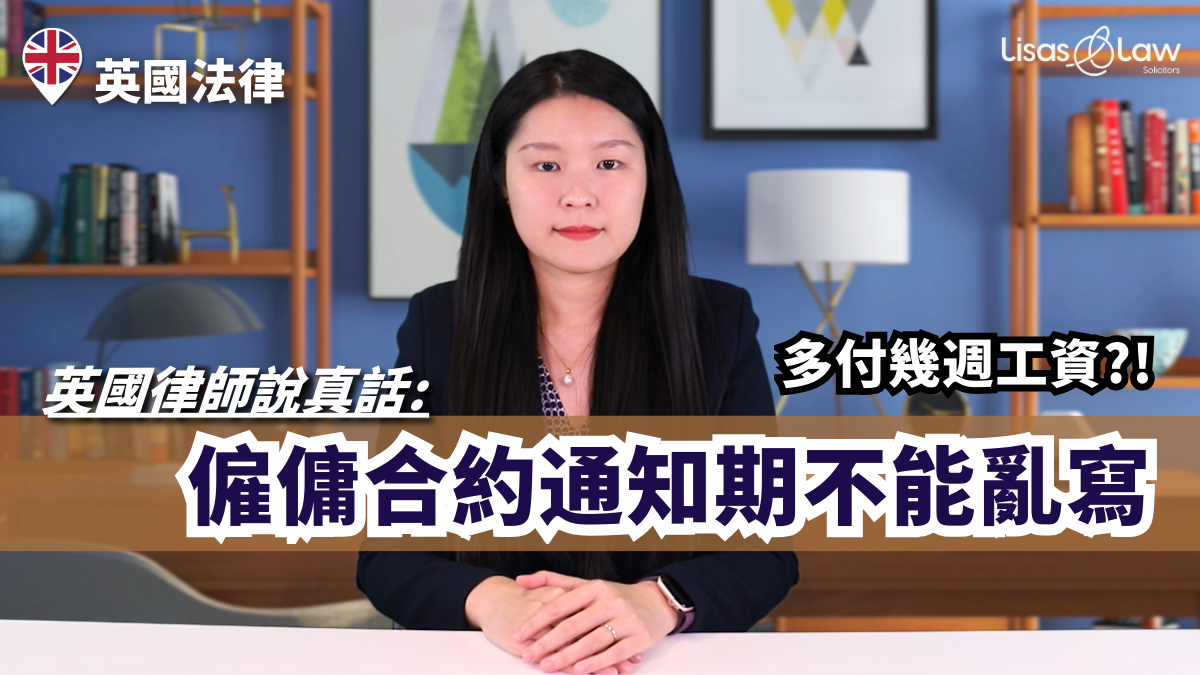今天,丽莎看到了一则国内的新闻。新闻中的两位主角,是一对情侣。
根据报道描述的内容,女方的身材高挑,外貌姣好;男方对女方几乎可以说是一见锺情。
男女双方差距约10岁。对女方一见倾心的男方,花了两年的时间追求女方,最后女方才终于答应在一起。
据女方说,她起初并不想跟对方在一起,但经不住男方的猛烈追求。
女方也坦言,后来之所以接受男方,和对方出手大方有著很大的关系。
报道指出,两人在谈恋爱期间,男方为了讨女方欢心,总是发一些大额的红包,这些红包人民币5000、6000,甚至10,000元的都有。
最多的时候,还曾经一下子发了11万。并且,男方还花了40万人民币,为女方买了一辆豪车。
前前后后加起来,男方表示花在女方身上的钱,约达200万人民币。
然而,甜蜜的时光没有维持太长时间。
去年的10月份,两人感情出现问题,决定分手。
分手后,男方把女方告上了法庭,要求对方归还,所有恋爱期间男方支出的费用……
→ 法庭选择站在男方那边
法庭上,女方表示,所有这些款项(男方赠给女方的)-是两人恋爱期间,男方对她爱的表示,意即无条件赠予她的礼物,所以男方不该在两人分手后,还要求她偿还。
但男方反驳,他认为这些金钱上的表示,都带有明显的目地,是为了结婚。
就是说,男方之所以会赠给女方这些礼物/金钱,背后都带有女方会跟他结婚的目的,所以是一种“有条件”的赠与。
因此,由于不是普通的赠与,如果女方没有和他结婚的打算,就需要把钱款给归还……
结果,法院一审判决,女方需要归还男方86万元,女方表示不服并提起上诉。
令女方感到意外的是,二审女方依旧吞了败诉。
在二审时,男方提交了新的证据材料,是一份聊天纪录。
根据该纪录,在2019年5月底,男方第一次称女方的母亲为“丈母娘”;当时,男方在微信中向女方表示,想和“丈母娘”吃个饭,并打算给个红包,以后提亲再准备大的。
于是,法院认为,这个聊天纪录是以结婚为目的,结婚意图非常明显。
对于法院这样的认定,女方表示不认同。
她觉得,如果说这之后(指该聊天纪录之后)男方所付给女方的钱,属于彩礼的话,那在这之前所有给予女方的款项,不就应该属于赠予了?
然而,法院在这点上依旧没有站在女方那边;法院认为,这之前(该聊天纪录之前)的“转账”,由于金额较大,不同于表达爱意的小额无条件赠与。
女方感到非常不服,她觉得,金额大与不大,对于每个人的定义都是不一样的,有钱表达爱意的时候就多一点,而且当初这些“赠与”也都不是女方强求的…
最后,女士表示二审的结果对她并不公平,她会选择继续上诉。
→ 同样一个案件,来到英国法庭,是否会有不同结果?
对于上面的案例,不晓得莎粉们觉得,是女方比较有道理,还是男方比较委屈?
丽莎就事件本身,跟大家分享一下,英国法庭对此的基本看法。
就英国法律来看,同样一个案件,英国法庭可能会给出,完全不同于以上的裁决。
原因是,对于“赠与”,英国的法律基础是,除非赠与人当初在给出礼物的时候,有很明确指出,该“赠与”是有附加条件的,也就是“有条件”赠与;否则的话,一般情况下,都应该视为“无条件赠与”,意即没有附加条件,就是单纯地赠予对方。
需要注意的是,这个“明确指出”,指的是赠与人应该要白纸黑字写清楚,就像是拟定一个合同或契约,因为对于“有条件赠与”来说,双方的关系其实也就是一种合同关系,一方对于另一方的赠与,是带有附加条件的(基本也就是说,受赠方需要满足赠与方的一定要求或需求,才能接受该赠与,否则该赠与是无法成立的)。
基于这样的原则,一般来说,即便是涉及比较大的金额,法院的立场通常也是不会因此有所更改的。
原因很简单,比如说一个生活富裕优渥的人,对她或他来说,赠与较大金额,可能对她/他来说并没有什么,就是一般的礼物;亦或是说,即便赠与人不是特别富有,但她/他的生活方式就是这样,出手比较阔绰等等…
这些种种原因,都可能促成赠与人对于受赠人,赠出较大的金额或价值的礼物;再加上,法庭的视角也会认为,当事人都是成年人了,也不是小孩子,假若当初做出的赠与,是有附加条件的,那么当事人为何不能在一开始就说清楚、讲明白呢?
回到案件本身来看,从女方的角度,可能一直都认为,男方的家境优渥(不论是真实的或者是假装的);再加上男方一直都对于女方做出不小金额的赠与,女方恐怕也会觉得,这是很正常的,男方的经济是完全可以负担的。
因此,即便男方能够出示双方的聊天纪录,表达将女方的母亲视为“丈母娘”,这对于英国法庭来说,一般也很难直接用以证明,双方之间对于“赠与”有著什么样的附加条件,或是女方有因此给予对方什么样的承诺。况且,女方在纪录中也没有承诺,要和男方结婚。
丽莎结语:这个案件再次提醒了我们,在英国,即便是再亲密的两个人,对于“赠与”,如果赠与人并不希望是“无条件”的,那么比起含糊不清,还是该在最一开始,就白纸黑字写清楚。
这对于双方来说,反而更可能减少往后会有的麻烦和纷争。长远来看,两个人反而可以维持更良好的关系,而不是最后非得对簿公堂。
通过今天的文章,丽莎希望帮助莎粉们对于“赠与”方面有更多的了解。如果您有更多疑问,不论是有关案件内容或者其他法律方面的,都欢迎进一步咨询丽莎律师行。
文末,丽莎也想和莎粉们聊聊,对于上面分享案件的看法?如果您有任何想法,可以在文章下方留言,和我们讨论!
觉得丽莎的文章不错?请不要吝于点赞和转发!您的支持是丽莎继续前进的动力,我们将尽力为莎粉们提供最新最全的实用信息。
任何英国税务问题,也可以咨询丽莎会计行。
> 📱 丽莎的“掌上律师”服务 📱 <
如果莎粉们对于丽莎的“掌上律师”服务有任何疑问,或者想要了解如何使用丽莎APP,莎粉们可点击这里 ↓
丽莎以简易图表,一步一步带您使用丽莎律师行的专属APP。
您和我们只有一键之隔。委托我们,您完全可以更加省时省力。对于住得远的莎粉,您更可以省下车费和舟车劳顿。丽莎只想为您做得更好。您说,我们做!委托丽莎,从来没有如此简单过!
如果莎粉们对于丽莎的“掌上律师”服务有任何疑问,或者有其他法律问题,都可以直接联系丽莎律师行(www.lisaslaw.co.uk),或者通过我们旗下官网和《丽莎知道》微信公众号(UK-LISA),官方微博(www.weibo.com/lisaslaw)咨询丽莎。
丽莎律师行联络邮箱:info@lisaslaw.co.uk
联络电话:020 7928 0276
联络微信号:lisaslaw003
《丽莎知道》官方微博:www.weibo.com/lisaslaw;手机版:www.weibo.cn/lisaslaw
扫一扫,《丽莎知道》微信公众号:









